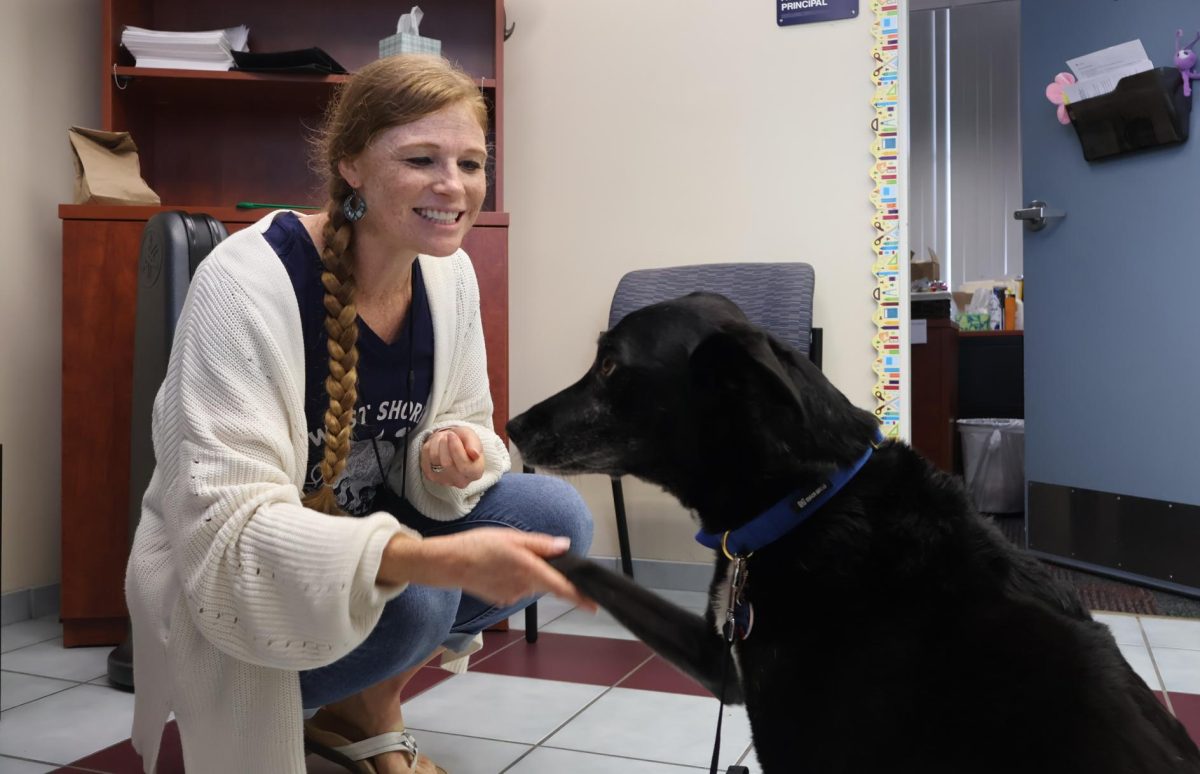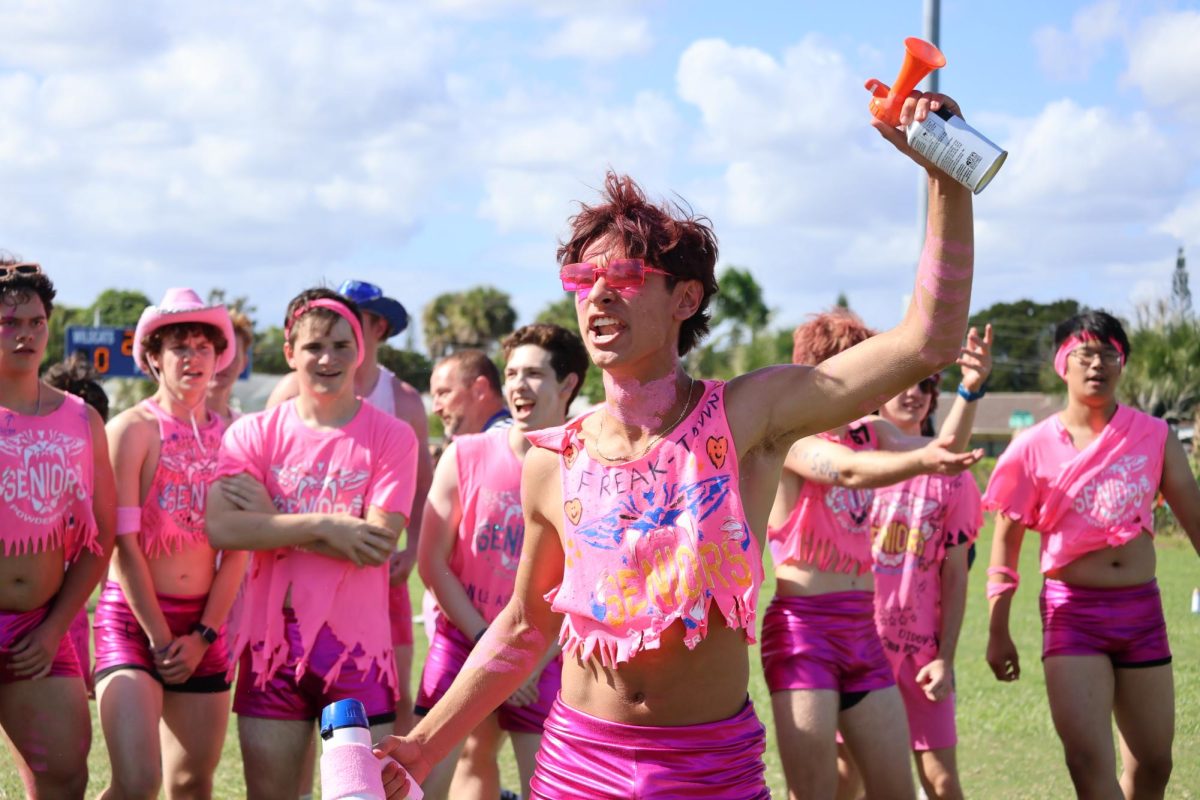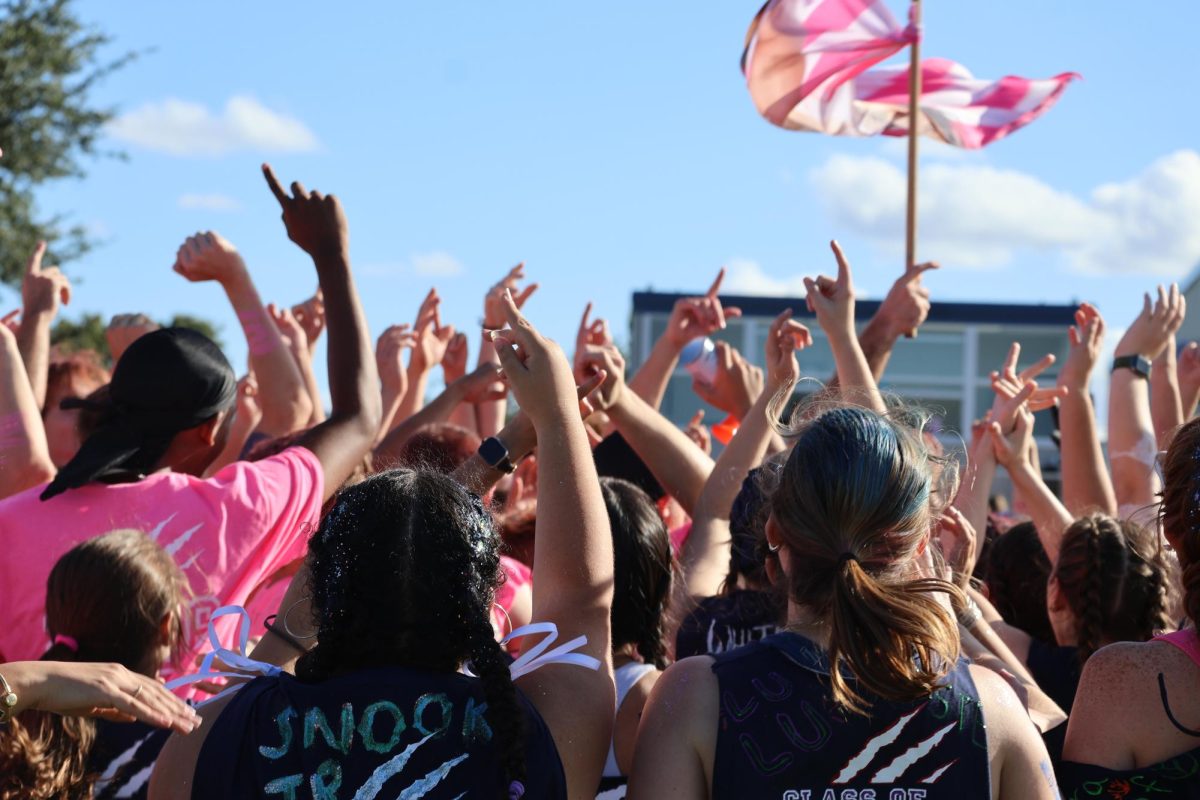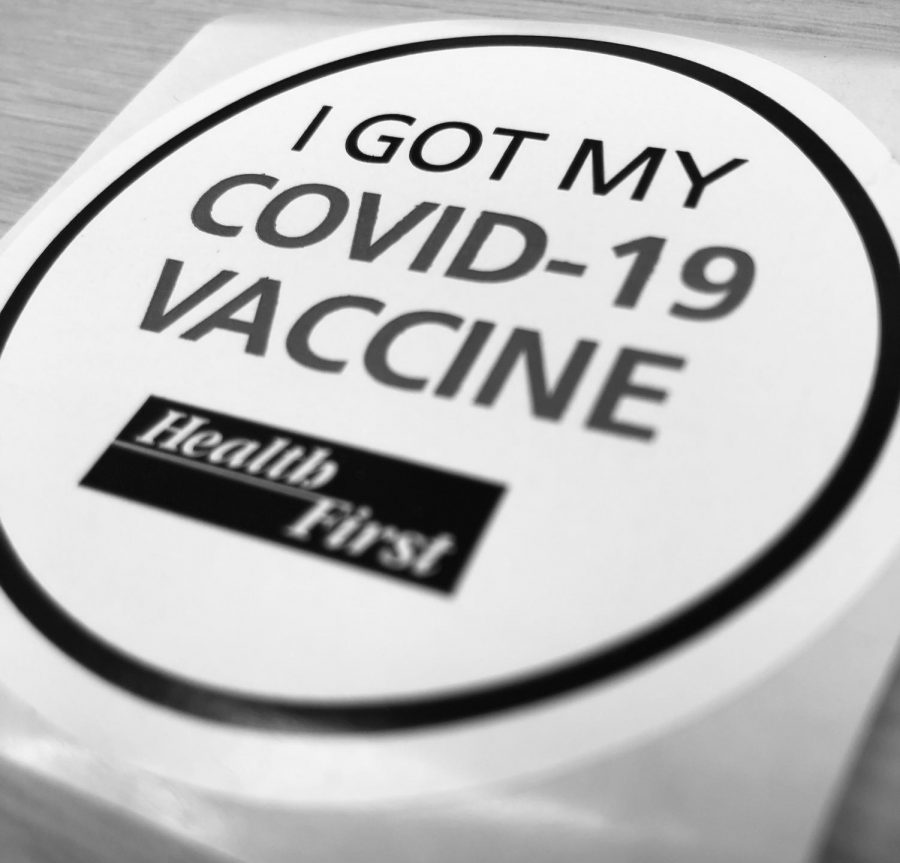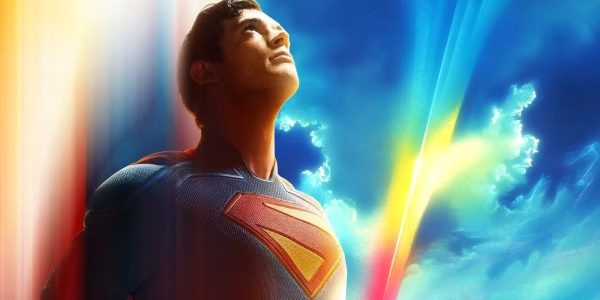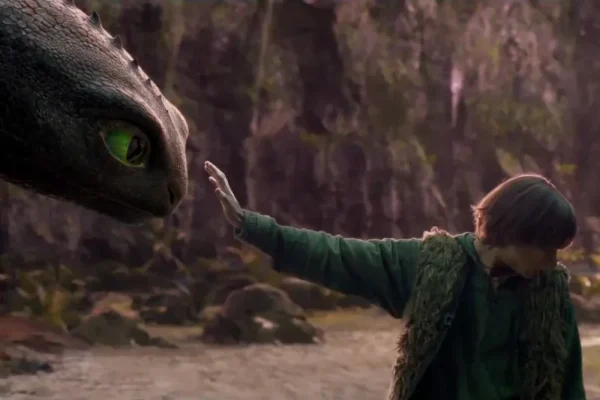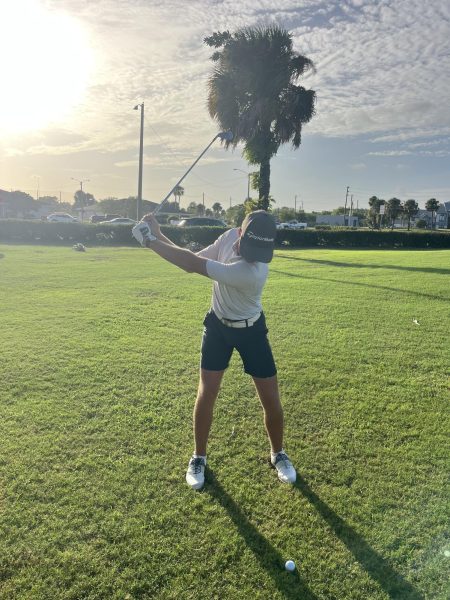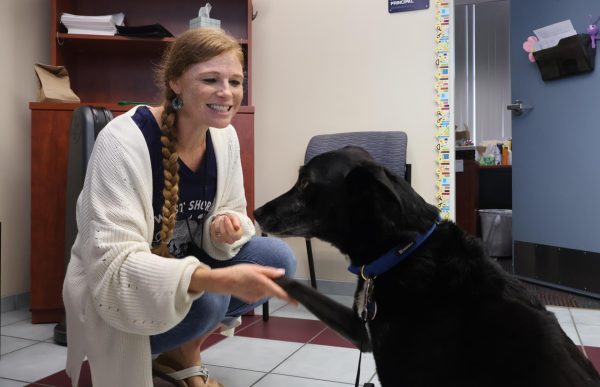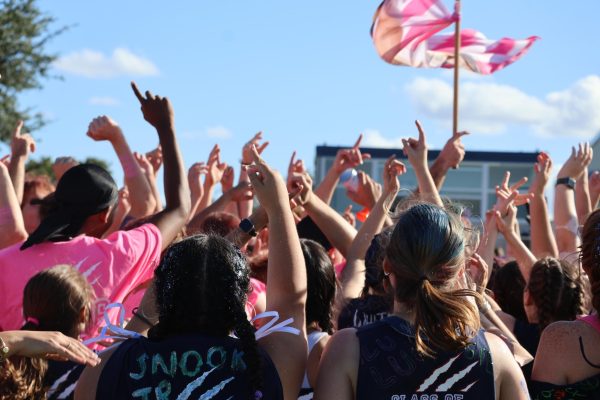OPINION: COVID-19 vaccine easily accessible — why not take it?
Health First is one of many COVID-19 vaccine distribution sites.
Americans rejoiced when the Center for Disease Control and Prevention announced May 13 that vaccines could pave the way to mask removal. CDC Director Rochelle Walensky told NPR the current state of the pandemic proved “now is the moment” to make this step toward normalcy.
“Fully vaccinated people can resume activities without wearing a mask or physically distancing, except where required by federal, state, local, tribal or territorial laws, rules and regulations, including local business and workplace guidance,” CDC guidelines now state.
For about six months, the Pfizer, Moderna and Johnson & Johnson vaccines — with the Johnson & Johnson vaccine having a brief standstill last month due to traces of blood clots in six female recipients — have been available nationwide. And on May 10, the FDA approved Pfizer’s vaccine to be given to Americans as young as 12. While NPR conducted myriad podcast reports describing the difficulty Americans had in scheduling and arriving at vaccine appointments — particularly older Americans or families without stable internet service — vaccine availability is now relatively accessible and efficient.
Now that vaccine appointments are one button, phone call or text message away, and available in Florida at hospitals, pharmacies, county health departments and Publix, the fate of the COVID-19 vaccine rollout is in the hands of the American people.
Despite the possibility of vaccination requirements in schools or workplaces — a controversial and developing issue — the leading question still looms: What are the implications of being vaccinated?
For a majority of Americans, the long-awaited moment they can reunite with friends and family members — without masks and without fear of contracting or spreading the coronavirus — is the motivating factor for getting a vaccine. There is also the notion that the vaccine will likely prevent the possibility of contracting COVID-19, with a 74.4 percent, 95 percent, and 94.1 percent effective rate in the Johnson & Johnson, Pfizer and Moderna vaccines, respectively.
The stigma surrounding the fast-paced creation and distribution of the vaccines is a cause for hesitation. The FDA approved the vaccines due to a state of emergency.
According to PBS NewsHour, “The FDA’s emergency use statute says people receiving the drug must be informed ‘of the option to accept or refuse administration of the product’ but also ‘of the consequences, if any, of refusing.’ How a lack of full approval would affect state decisions about school vaccine mandates and how the courts might view those decisions remains to be seen.”
With the CDC’s recent announcement, questions surrounding vaccine mandates in schools, stores and workplaces are on the rise. As of now, vaccination efforts are left up to state discretion. The uncertainty of the long-term consequences of admitting a newly developed vaccine into your body is a prevalent issue in the vaccination effort. Aside from the condensed vaccine development time frame, religious, medical and ethical concerns also warrant Americans’ decline to accept a shot.
While the fear is understandable, without getting vaccinated, how else will our country end this pandemic’s reign in the safest way possible?
Look at India. Citizens are afraid to leave their homes. Their second COVID-19 surge is far from being contained. Compared to our situation in America, where the vaccine effort is stable and in progress, why not take a shot that millions around the are dying without. We don’t have to pay or fight our way to getting a vaccine. The end is in sight. The same people who complain about masks are standing against the very thing that will lead us away from masks.
Without current requirements to show proof of a vaccine, it is our responsibility to be honest: Wear a mask if you have not been vaccinated, or make the choice to wear one if you have been vaccinated. If the vaccines appear untrustworthy to you, that is valid. It is your body and your life to lead. However, if this is the case for you, then continue to wear your mask.
We are nearing the finish line. Now is not the time to take the CDC’s announcement as an opportunity to recklessly strip off your mask. We all want to be free to see our friends and family members. We all want to be outside and travel again.
So make your own choices. But don’t be reckless.

This is my third year on the "Roar" staff and my second year as editor in chief. I enjoy covering social and political issues and hope to cover international...



![Sophomore Isabelle Gaudry walks through the metal detector, monitored by School Resource Officer Valerie Butler, on Aug. 13. “I think [the students have] been adjusting really well," Butler said. "We've had no issues, no snafus. Everything's been running smoothly, and we've been getting kids to class on time.”](https://westshoreroar.com/wp-content/uploads/2025/08/IMG_9979-1200x800.jpg)


















